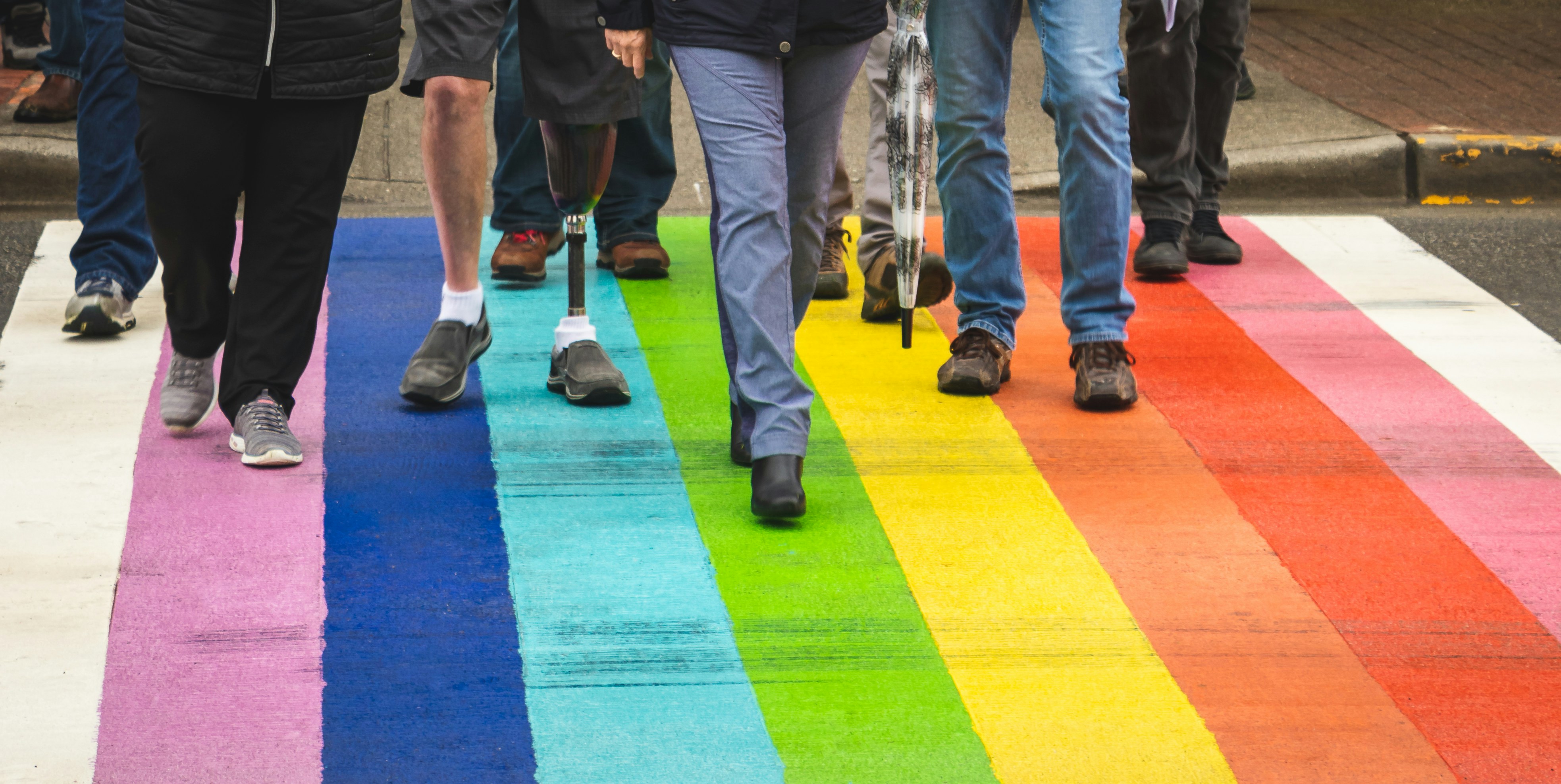Dismantling Stereotypes: The Shifting Landscape of Male Vulnerability
In the realm of societal constructs and cultural norms, the portrayal of male vulnerability is undergoing a redefinition. The pervasive trope of the "stoic, unfeeling male" is being challenged and reimagined. Read below as we explore the transformation of male vulnerability and its implications on modern society.

The Historical Context of Male Vulnerability
In the past, societal norms and expectations have often boxed men into a rigid framework of masculinity. The image of the “strong, unemotional man” was embedded in societal consciousness, shaping behaviors and attitudes. Men were expected to demonstrate strength and power, while vulnerability and emotional openness were often considered signs of weakness. This limited portrayal of masculinity has deep historical roots and has been perpetuated through various societal institutions, including media, education, and family dynamics.
The Current Shift in Perspective
Today, we are witnessing a shift in societal attitudes towards male vulnerability. More and more, men are encouraged to express their emotions and embrace vulnerability as a strength rather than a weakness. Popular culture and media are beginning to reflect this shift, with the representation of male characters who embody a more emotionally complex and vulnerable form of masculinity. This change is also mirrored in the real world, with an increasing number of men seeking mental health support and engaging in conversations about their emotional wellbeing.
The Influences Behind the Change
The driving forces behind this change are multifaceted. One key factor is the ongoing conversation about mental health and the need to destigmatize seeking help. Society’s increased understanding of mental health issues has contributed to the shift in attitudes. Furthermore, the broader discourse about gender norms and toxic masculinity has prompted a reassessment of traditional notions of manhood. Men are now more encouraged to reject harmful stereotypes and embrace a more holistic and authentic expression of masculinity.
The Impact on Society
The redefinition of male vulnerability has significant implications for society. It contributes to a healthier understanding of masculinity, which can lead to improved mental health among men. Furthermore, it allows for more authentic relationships, as men feel more comfortable expressing their emotions. It also challenges harmful gender norms, promoting a more equal society by disrupting traditional power dynamics.
Future Implications
As society continues to evolve, the understanding and acceptance of male vulnerability are likely to grow. The dismantling of harmful stereotypes and the promotion of emotional openness among men will contribute to a healthier, more equitable society. However, it’s crucial to continue the conversation and challenge outdated norms to ensure this positive trend continues.
In conclusion, the shifting landscape of male vulnerability represents a significant societal change. By redefining masculinity and promoting emotional openness, society is taking a crucial step towards greater equality and mental health awareness. The journey is far from over, but the progress made so far offers hope for a more inclusive, empathetic future.




